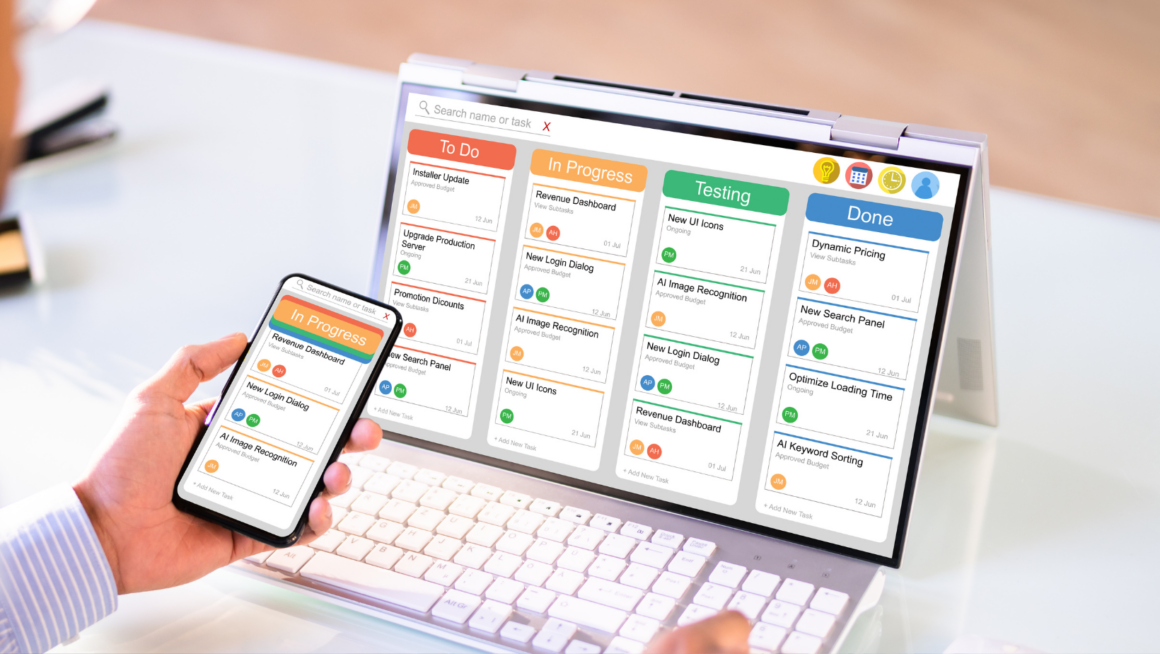In the rapidly evolving world of technology, the demand for skilled software engineers has never been higher. As companies vie for the brightest minds to innovate and drive their digital transformations, understanding the financial landscape of entry-level positions becomes crucial for aspiring software engineers. The average entry-level software engineer salary is a topic of interest for many, from recent graduates to career switchers, offering a glimpse into the potential financial rewards of a tech career.
Average Entry Level Software Engineer Salary
 Following the high demand for skilled professionals, deciphering the financial landscape for entry-level software engineers becomes pivotal for recent graduates and career switchers. The average salary of an entry level software engineer significantly reflects the dynamic tech industry’s standards, influenced by several factors such as location, company size, and sector. Salaries in metropolitan areas, for example, San Francisco or New York, typically exceed those in smaller cities due to the higher cost of living and concentration of tech companies. Furthermore, larger companies might offer higher salaries compared to startups, albeit with varied stock options or equity possibilities. The sector within the technology industry also plays a critical role, with certain areas like cybersecurity or artificial intelligence potentially offering more lucrative packages. This section aims to shed light on these variables, providing a comprehensive understanding of what entry-level software engineers can expect financially as they embark on their career paths.
Following the high demand for skilled professionals, deciphering the financial landscape for entry-level software engineers becomes pivotal for recent graduates and career switchers. The average salary of an entry level software engineer significantly reflects the dynamic tech industry’s standards, influenced by several factors such as location, company size, and sector. Salaries in metropolitan areas, for example, San Francisco or New York, typically exceed those in smaller cities due to the higher cost of living and concentration of tech companies. Furthermore, larger companies might offer higher salaries compared to startups, albeit with varied stock options or equity possibilities. The sector within the technology industry also plays a critical role, with certain areas like cybersecurity or artificial intelligence potentially offering more lucrative packages. This section aims to shed light on these variables, providing a comprehensive understanding of what entry-level software engineers can expect financially as they embark on their career paths.
The Role of Education in Determining Salary
Education plays a critical role in shaping the average entry-level software engineer salary. While the industry values experience and skills, educational background sets the foundation for a software engineer’s career trajectory. Candidates with degrees from accredited universities, especially in computer science or related fields, often have a competitive edge. They can command higher starting salaries due to the technical proficiency and problem-solving skills gained through rigorous academic programs. Furthermore, those holding advanced degrees, such as master’s or doctoral degrees, may see even higher starting salaries. Employers recognize the added value these individuals bring in terms of specialized knowledge and research capabilities. However, in the dynamic tech industry, continuous learning and skill development often complement formal education, further influencing salary potential over time.
Industry Trends Affecting Entry Level Salaries
The landscape of entry-level software engineer salaries is continuously shaped by several prominent industry trends. Among these, rapid technological advancement stands out, necessitating a workforce that is versatile and well-versed in the latest programming languages and frameworks. Engineers proficient in high-demand areas like artificial intelligence, machine learning, and blockchain often see higher starting salaries compared to their peers.
Adoption of remote work has also had a significant impact, broadening the talent pool beyond traditional tech hubs. This shift allows companies in lower-cost regions to offer competitive salaries, attracting talent nationwide. Conversely, a candidate’s willingness to relocate or work remotely can influence salary negotiations.
 Moreover, the surge in startup culture fuels demand for software engineers, elevating entry-level salaries as startups compete with established companies for talent. However, startups might compensate with equity or stock options, affecting the total cash value of offers.
Moreover, the surge in startup culture fuels demand for software engineers, elevating entry-level salaries as startups compete with established companies for talent. However, startups might compensate with equity or stock options, affecting the total cash value of offers.
Lastly, economic fluctuations play a critical role. During periods of economic growth, salaries tend to rise as demand for technology solutions increases. In contrast, economic downturns can suppress salary growth as companies tighten budgetary constraints.
Navigating these trends, candidates can strategize their career paths to maximize salary potential, underscoring the importance of staying informed about the evolving tech landscape.
Preparing for a Career in Software Engineering
Navigating the landscape of entry-level software engineering salaries requires more than just technical skills. It’s about understanding the market dynamics and positioning oneself strategically. With the tech industry’s rapid evolution, staying informed and adaptable is key. Whether it’s specializing in high-demand sectors like cybersecurity or leveraging the benefits of metropolitan job markets, opportunities for maximizing salary potential are vast. Moreover, investing in continuous education and skill development can significantly impact one’s career trajectory and financial rewards. As the tech landscape continues to shift, those entering the field should focus on long-term growth and learning. This approach not only enhances salary prospects but also ensures a fulfilling and dynamic career in software engineering.


